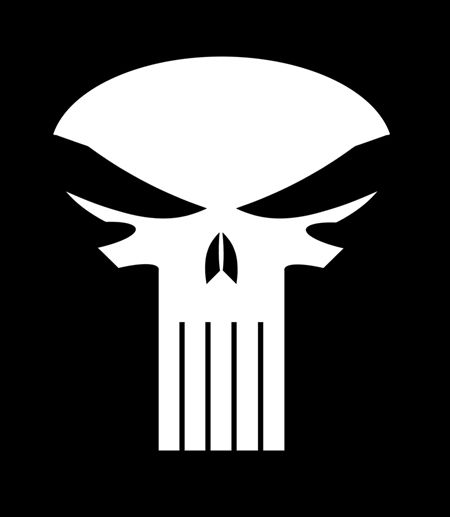Marvel recently shut down a Punisher fan film, and this indirectly brought Adi Shankar into the conversation. Shankar produced the fan film The Punisher: Dirty Laundry (click here to watch it, and click here to watch his other fan film, Truth in Journalism; he also makes mainstream movies) starring Thomas Jane, who played Punisher in the 2004 adaptation. Shankar has written an open letter responding to Marvel’s takedown notice. Reading over his letter, I strongly disagree with some of his points. I believe it oversimplifies a studio’s position regarding their properties, and ignores that the studio doesn’t necessarily mind reproduction, but it does mind context in those reproductions assuming those reproductions become a hit with the mainstream.
But the crux of the argument is a hotly debated one: who owns this material? Does it belong to the studios or the fans, and why would studios want to stop fans from trying to bring a new spin to the material? Hit the jump to read Shankar’s letter, and sound off in the comments.
Here's Shankar's open letter:
Dear Fellow Geeks,
So, Marvel shut down a Punisher fan film and due to my side-gig as a “bootlegger” and having made my own Punisher fan film I’ve been dragged into the discussion. For those of you who have asked, here’s my opinion:
My initial reaction: Confusion. Best-case scenario a Punisher fan film gets 4 million hits on YouTube. Assuming it’s an R-rated release, an official Marvel Punisher movie - financed and produced by Marvel and distributed by Disney, gets a P&A (prints and advertising) spend of at least $25 million USD (more if it’s PG-13 ... vomit). Setting aside the TV spots and inevitable viral and outdoor campaigns, the trailer alone on its first two days on YouTube would garner more hits than the lifetime of any fan film. It would be akin to saying Batman: Dead End hurt the Nolan movies or that random Twilight fan fiction hurts book and movie sales (note: 50 Shades of Grey initially built its following as Twilight fan fiction … what’s the legality there?).
The legality and moral ambiguity of the situation is interesting. Assuming it’s not done for profit, can LucasFilm/Disney stop me from drawing Yoda and then posting my drawing on Facebook? What if I drew 4,000 Yodas and created an animation of Yoda walking? More importantly what does it say about us as a civilization that the vast majority of our culture and mythology (yes superheroes are the American 21st century equivalent of classical myths) is owned by corporations?
Needless to say, a repeat of the Shazam vs Superman case from the 1950’s is a disaster scenario for our culture. For all the non-geeks who happen to be reading, Shazam used to regularly outsell Superman. DC sued claiming copyright infringement and won. As a result one of the most significant characters in the history of comics was buried. That's an example of a conglomerate burying our culture. What happened to Ultraforce (See: Comics, Malibu)? Grifter only recently returned. So, in a sense all fan films are a small step towards reclaiming the culture. As artists, isn’t it our duty to re-imagine, parody, and re-interpret the culture?
However, upon reflection, here’s my conclusion: As much as I love telling The Man to go fuck himself, I think the underlying issue is that the filmmakers in question may have been a little over zealous in promoting their short prior to releasing it. Fan driven content strengthens ones brand and the community around it, and Marvel obviously knows this, as evidenced by the plethora of Marvel fan films and fiction on the Internet.
Finally, for anyone who cares: I’m going to keep making my “bootleg” films … I love these characters and “The Bootleg Universe” is my way of creatively re-interpreting them without being suffocated by the red tape of the studio system … … plus it’s a fun thing to do in-between making movies that bomb in the box office but over perform on DVD.
Yours truly,
Adi Shankar
P.S. Andy Warhol made a Batman fan film … true story … look it up.


